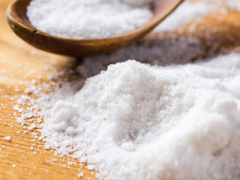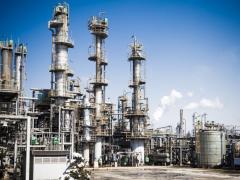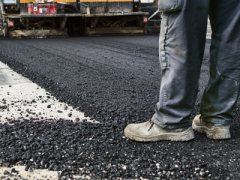Decarbonisation options for the Dutch activated carbon industry
This report on decarbonisation options for the Dutch activated carbon production is part of the MIDDEN project (Manufacturing Industry Decarbonisation Data Exchange Network) initiated by PBL and TNO. The project aims to support industry, policymakers, analysts and the energy sector in their common efforts to achieve deep decarbonisation.
This report describes the current situation for the production of activated carbon in the Netherlands and the options and preconditions for its decarbonisation. The activated carbon production takes place in the Cabot Norit Nederland B.V. plant situated in Klazienaveen. The production process in the Cabot Norit plant is based on physical activation with steam. The plant regenerates spent activated carbon through a thermal activation process.
Activated carbon characteristics
Activated carbon is a material made of elemental carbon and it is characterized by its highly porous structure which has voids between the layers or sheets of carbon. Activated carbon is used to eliminate contaminants from fluids (liquids and gases) by trapping the contaminants in the pores through an adsorption process. Activated carbon is mainly manufactured in the form of powder and granulate and is applied in many sectors, such as the fertilizer, pharmaceutical, cosmetics, petroleum and automobile industries.
Decarbonisation options include material substitution, energy efficiency and carbon capture
The main decarbonisation options analysed for the activated carbon manufacturing process are the substitution of raw materials by biomass-based raw materials, energy efficiency improvements and carbon capture technology.
Authors
Specifications
- Publication title
- Decarbonisation options for the Dutch activated carbon industry
- Publication date
- 26 November 2021
- Publication type
- Report
- Page count
- 28
- Publication language
- English
- Product number
- 3885



